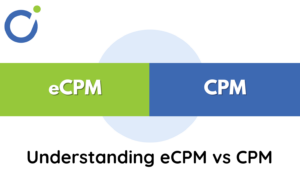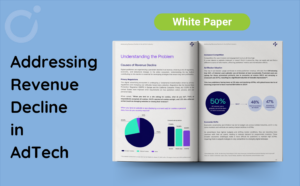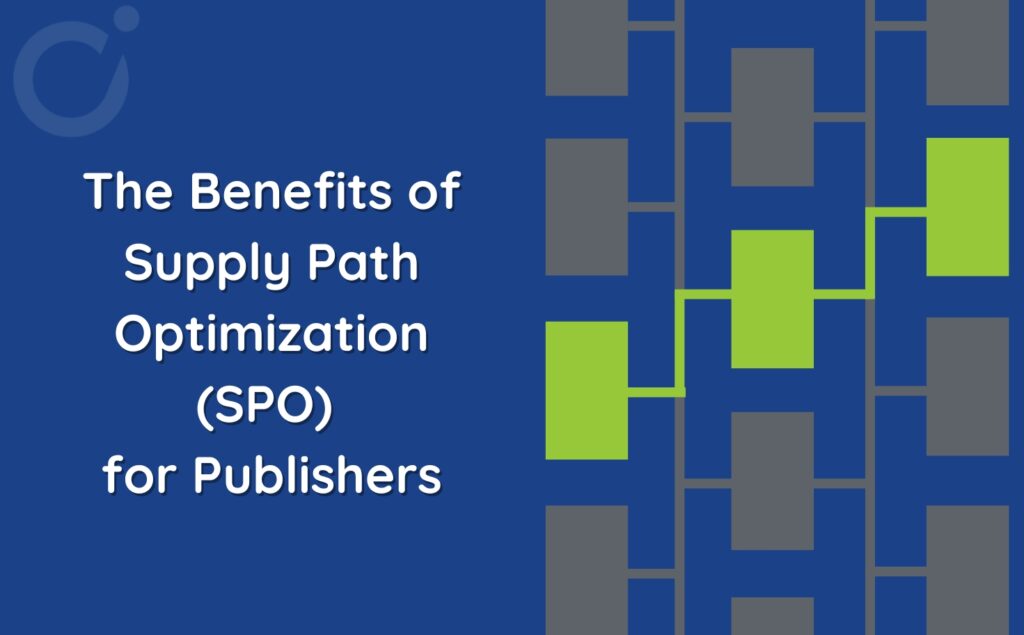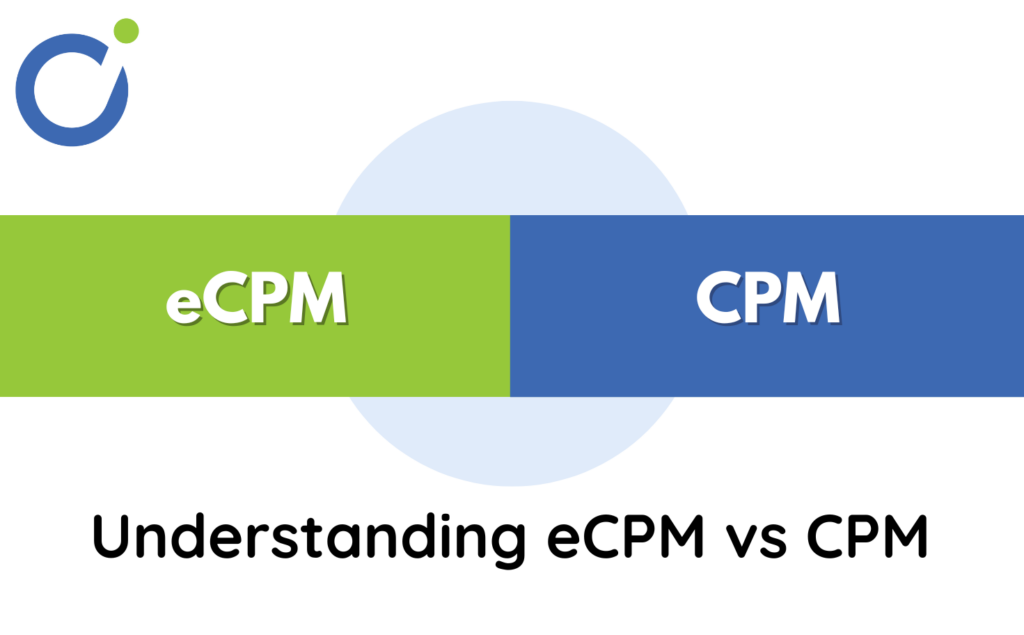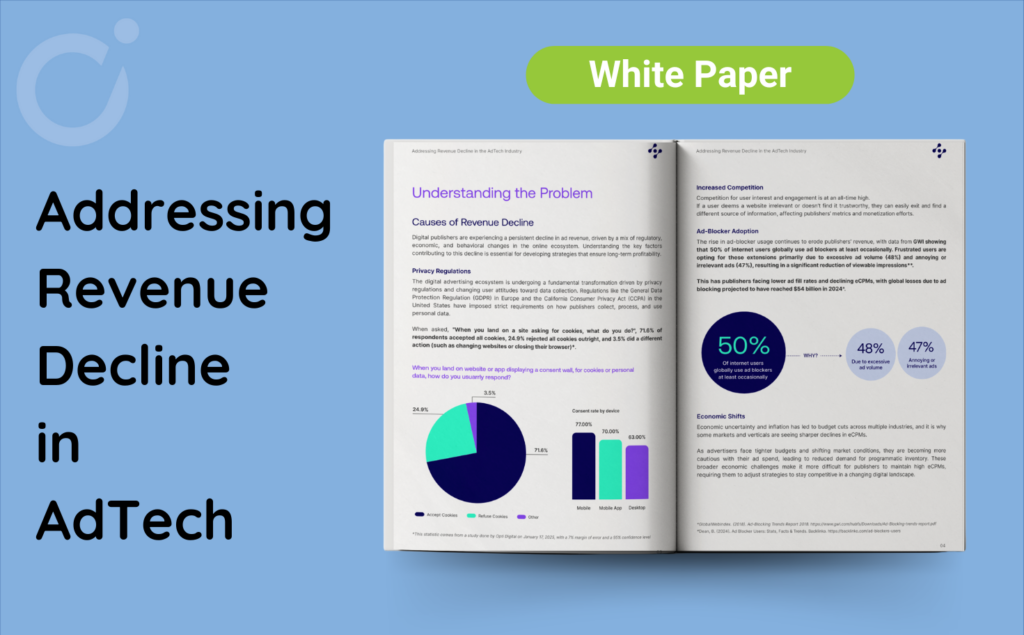Google communicated that it will no longer phase out third-party cookies in its Chrome browser. Instead, the company is introducing a new approach that allows users to “make an informed choice that applies across their web browsing”. Let’s take a closer look at the current situation.
24 of July, 2024
After years of deliberation, Google decided to keep third-party cookies in Chrome. Instead of removing them, the company plans to introduce a new experience in Chrome that allows users to make informed choices about their web browsing, adjustable at any time. According to some sources, this move may parallel Apple’s App Tracking Transparency, which allows users to opt in or out of data sharing.
Google is discussing this update with regulators like the UK’s Competition and Markets Authority (CMA) and the Information Commissioner’s Office (ICO) and plans to engage with the industry soon. While details and a timeline remain unclear, the company emphasizes the importance of privacy-preserving alternatives for developers.
For those developing and implementing third-party cookie alternatives, the work remains valuable, as Google announced it will continue investing in Privacy Sandbox APIs to improve both privacy and utility. It may also support additional privacy controls like IP Protection in Chrome Incognito mode. The goal is to balance enhanced online privacy with maintaining an ad-supported open internet.
However, many publishers have lost faith in the Privacy Sandbox due to limited testing opportunities and low efficiency. Concerns about latency and ad revenue losses have led some to halt further investment in testing the Sandbox. Google acknowledges the ongoing work needed to address these issues and ensure the Sandbox’s effectiveness.
At Opti Digital, when we pass some Privacy Sandbox and alternative identifiers in the bidstream, we already observe positive results on publishers’ RPMs. That’s why we believe it is critical to keep evaluating allnew options for segmenting audiences and offering user-friendly, GDPR-compliant targeting solutions. We will continue to invest resources in exploring addressability solutions, complementary or alternative to third-party cookies, both for Chrome and other cookie-free environments; Especially as more than half of the Open Web no longer relies on third-party cookies.
We will keep you updated as new information emerges, and our strategies develop around third-party cookies and alternative identity solutions. Feel free to reach out to us if you have any questions.



